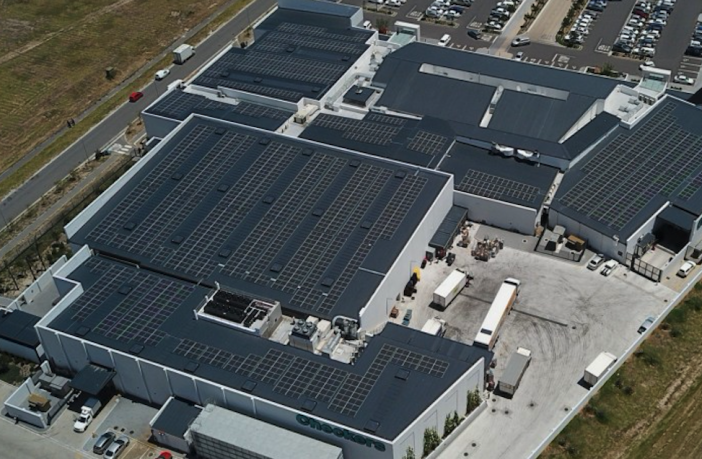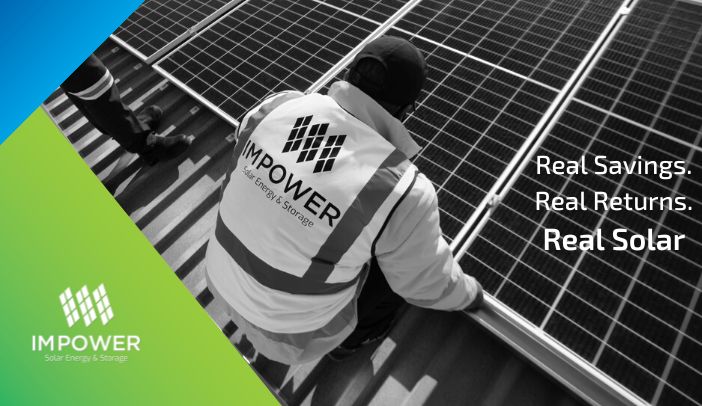- Over the past 12 months, the Shoprite Group has increased its installed capacity of solar photovoltaic (PV) systems by 82% to 26,606 kWp.
- The 143,674m2 of solar panels at 62 sites, is equivalent to the size of 20 soccer fields.
- This is enough to power the equivalent of 3,735 households for one full year, thus easing the pressure on the national electricity grid.
Despite the marked progress, the Group is still focused on growing its solar-powered and renewable electricity installations while improving energy efficiency to reduce its environmental footprint, further reducing added strain on the national electricity grid. Other initiatives include a drive to reduce electricity consumption by installing LED lights at its sites, which has saved 399 million kWh to date.
Using renewable energy and embracing energy efficiency is part of the Group’s plans to reduce indirect greenhouse gas emissions and mitigate climate change.
Related news: IMPOWER supplies battery backup system for Capitec Bank HQ in Stellenbosch
In the last financial year, the Group has increased its total renewable installations from 32 to 62. These now produce 40,894 MWh – 11,614 MWh more than in November last year.
At the same time, the Group has increased its fleet of solar-powered trailers by 234, to a total of 1,041.
“We are incredibly proud of our increased use of renewable electricity, and we intend to build on this in the coming years to meet our science-based emission reduction targets, including net-zero greenhouse gas emissions by 2050.” – Sanjeev Raghubir, Shoprite Group Sustainability Manager

















